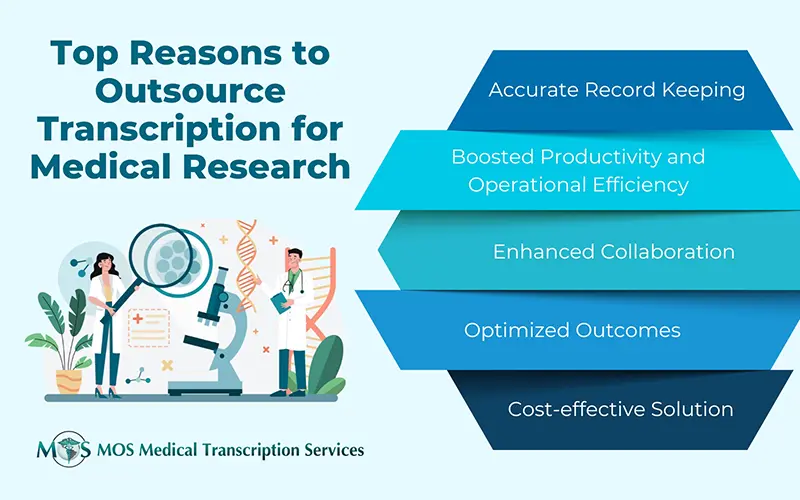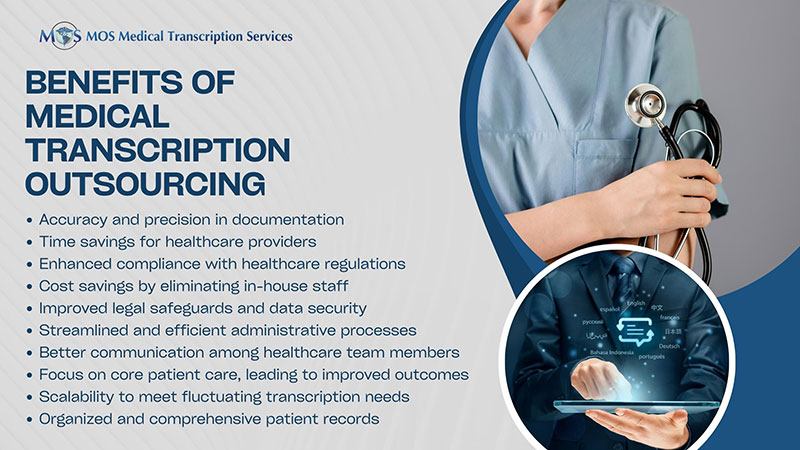 Medical transcription – a task which every healthcare institution is burdened with, and is therefore outsourced en masse, is probably heading in another direction, that of increasing automation. It would probably come as a revelation that the years from 2007 to 2013 have seen a 56% decrease in medical transcriptionist (MT) postings. But these facts need not set the alarm bells ringing – MTs are still needed, but this is just an indication of the direction the healthcare industry is headed.
Medical transcription – a task which every healthcare institution is burdened with, and is therefore outsourced en masse, is probably heading in another direction, that of increasing automation. It would probably come as a revelation that the years from 2007 to 2013 have seen a 56% decrease in medical transcriptionist (MT) postings. But these facts need not set the alarm bells ringing – MTs are still needed, but this is just an indication of the direction the healthcare industry is headed.
From In-house MTs to Software Solutions
Conventionally, MTs function along with physicians for converting patient details to digital records. While earlier it was the physician or any healthcare professional dictating to the MT, now the trend seems to towards employing software solutions. The introduction of EHRs (electronic health records) has led to the influx of software for entering data into the record. While some physicians do find it challenging to get used to the software, it would only get better with time. This has led to hospitals and other healthcare institutions reducing the number of in-house MTs.
More Medical Transcription Outsourcing
But this trend has also resulted in increased medical transcription outsourcing. While MTs and MT trainees would continue to be in demand in medical outsourcing companies, hospitals and other healthcare institutions would need professionals who have diverse skill sets – transcription, coding and administration. A healthcare administration associate degree covers medical transcription, EHRs, ICD coding, and other procedures and processes involved in a medical office.
With the US Department of Labor (DOL) projecting a 23% growth in medical administrative positions through 2022, healthcare administration professionals, who’d also be good in transcription, have a bright future. They have a comprehensive set of skills to provide to their prospective employers.
Outsourcing Here to Stay
Meanwhile, outsourcing of medical transcription continues. It is a vital service that healthcare organizations cannot do without. HIPAA-compliant medical transcription services serve the needs of hospitals, nursing homes and individual physicians, and with increasing administrative, coding and other procedural responsibilities burdening practices, outsourcing is set to stay on.


